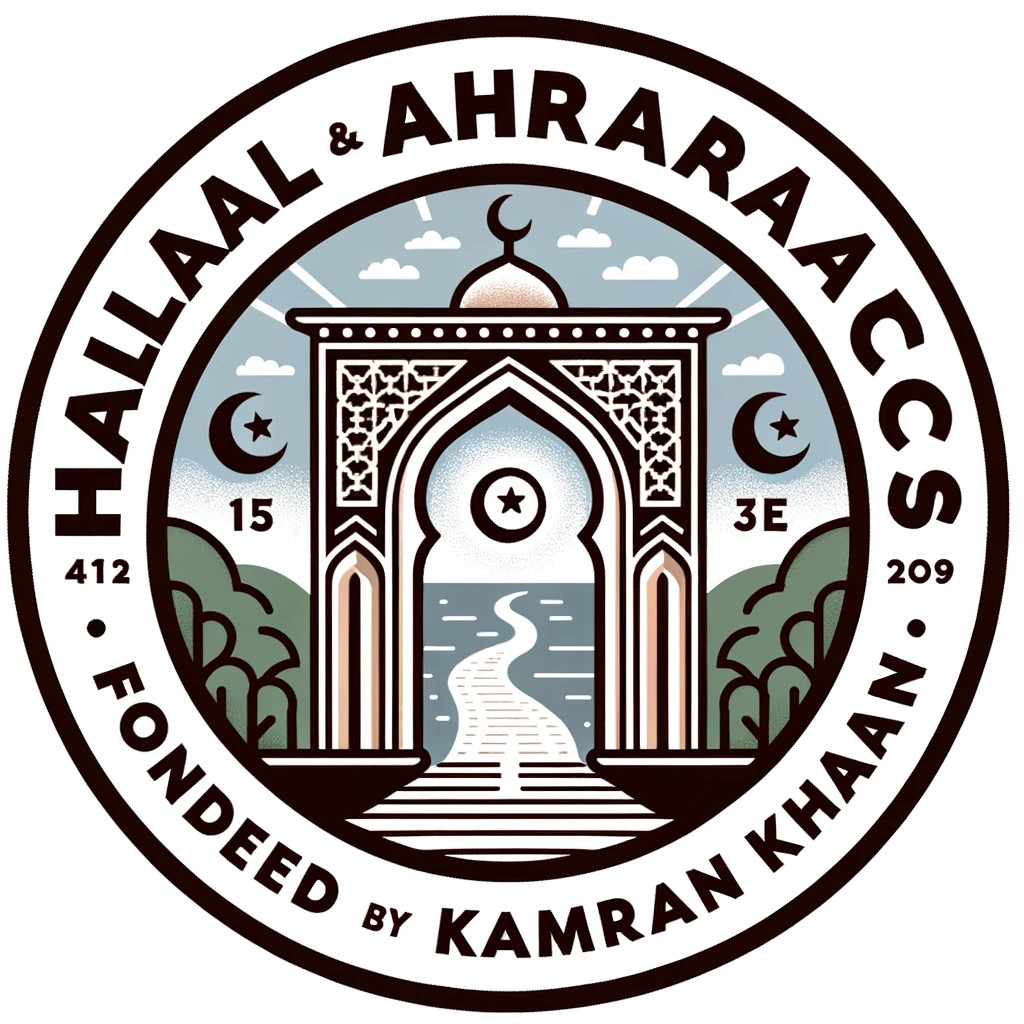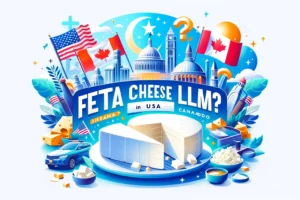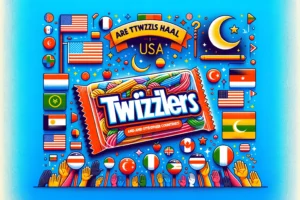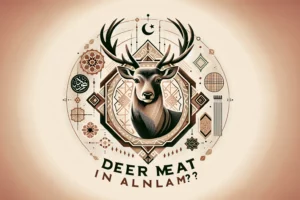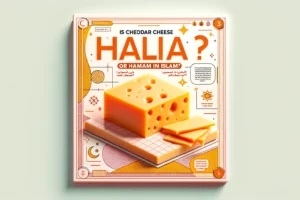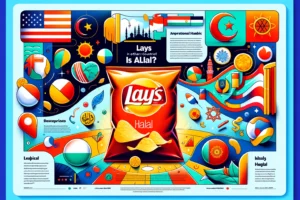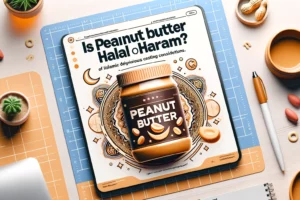क्या प्रिंगल्स हलाल या हराम हैं? [प्रमाण के साथ]
The global snack market is vast, with countless products vying for consumers’ attention. Among these, Pringles stands out, not just for its unique design but also for its wide range of flavors. But for many Muslim consumers, the pressing question remains: “Are Pringles Halal?” This article aims to provide a comprehensive answer.
The Growing Halal Market:
The global halal market is expanding rapidly. As more consumers seek halal-certified products, companies are adapting to meet these demands. This backdrop sets the stage for our exploration of “Are Pringles Halal?”
Pringles: A Brief Overview:
Before diving into “Are Pringles Halal?”, let’s understand the product. Pringles, owned by Kellogg’s, is a brand of potato and wheat-based stackable snack chips. Its distinct canister packaging and curved chip shape make it easily recognizable.
The Complexity of Food Ingredients:
To address “Are Pringles Halal?”, one must delve into the world of food ingredients. Modern food products often contain a myriad of ingredients, some of which may be derived from animal sources. This complexity can make determining the halal status challenging.
Potential Controversial Ingredients:
When pondering “Are Pringles Halal?”, certain ingredients raise concerns:
- Flavorings: Some Pringles flavors might use animal-derived flavorings, especially those mimicking meaty tastes.
- E-numbers: These are codes for substances used as food additives. Some might be derived from non-halal sources.
- Gelatin: Used in some food products as a gelling agent, its source can determine its halal status.
Halal Certification Agencies:
Various agencies worldwide offer halal certification. When seeking an answer to “Are Pringles Halal?”, checking for certifications from these bodies can provide clarity. These agencies rigorously check products and their manufacturing processes to ensure they adhere to Islamic guidelines.
Consumer Activism and Halal:
The modern consumer is informed and proactive. Many Muslims worldwide actively seek out information, leading to more companies being transparent about their products. This activism plays a role in discussions like “Are Pringles Halal?”, pushing for clearer labeling and certification.
The Role of Technology:
Today, numerous apps and websites provide information on halal products. For those asking, “Are Pringles Halal?”, these platforms can be invaluable resources, offering real-time data and user reviews.
Geographical Differences:
Pringles sold in Indonesia might differ from those in the UK. Regional preferences, ingredient availability, and local halal regulations can influence the product’s composition. Thus, “Are Pringles Halal?” might have different answers based on geography.
The Ethical Dimension:
Beyond the halal status, some consumers consider ethical factors, like sustainability and animal welfare. While these don’t directly answer “Are Pringles Halal?”, they add another layer to the discussion.
Final Thoughts:
“Are Pringles Halal?” is a multifaceted question that goes beyond a simple yes or no. It delves into the realms of food science, global markets, consumer activism, and religious guidelines. As consumers, continuous learning and vigilance are key. While Pringles might be just one product, the discussions around its halal status reflect broader trends in the global food industry.
